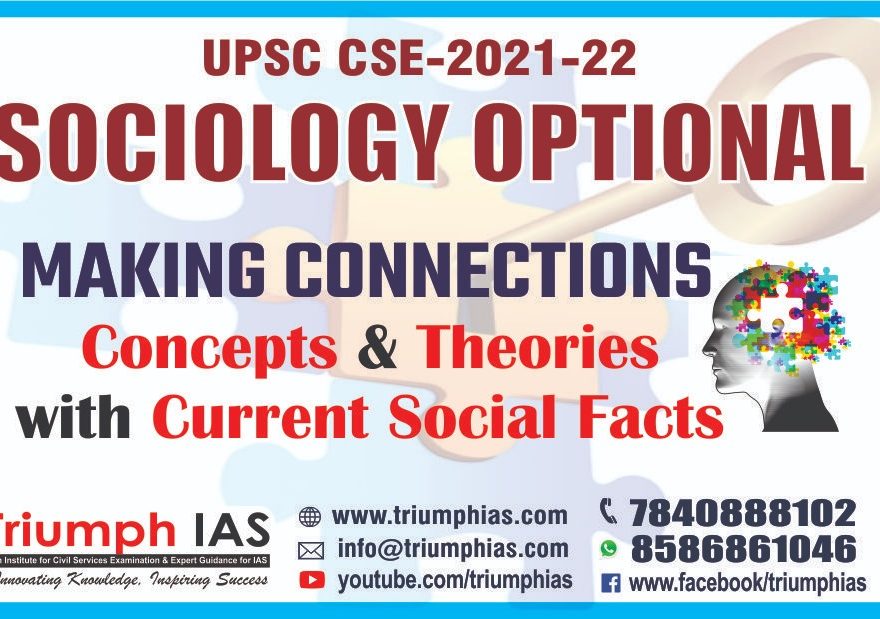Relevance: Religion and Society: Religion in modern society: religion and science, secularization, religious revivalism, fundamentalism.
Science limits itself to the empirical, religion concerns itself with the supernatural
- Science tends to concern itself with the natural or physical world – that which can be observed and measured. If it cannot be observed or measured empirically, then it is not scientific.
- Scientific knowledge is gained primarily through the experimental method: a hypothesis is formulated and then experiments designed to test the hypothesis. Experiments use standardized procedures of data collection, so that other scientists can repeat the exact same experiment in the same way and verify the data and test the findings for themselves.
- In contrast religion tends to concern itself with the spiritual world, many aspects of which cannot necessarily be observed and measured in a scientific extent.
For example, knowledge in many religions comes ultimately from God, and belief in the existence of God cannot be verified empirically. Belief in God is a matter of faith.
- Any knowledge claims made by religions which are not verifiable by empirical observations cannot be regarded as ‘scientific’.
‘Open’ verses ‘closed belief systems
- Science is an ‘open belief system’ – the data collected by scientists are open to testing by others. Research findings can thus be criticized.
- According to Popper, the process of scientists critically scrutinizing findings of other scientists is fundamental to the scientific method. He argued that scientists should attempt to ‘falsify’ already existing hypotheses by designing experiments deliberately to disprove them. It is this process which ensures that scientific knowledge is valid: its ability to withstand the critical scrutiny of peers.
- In contrast, religions tend to have ‘closed belief systems’ – religious knowledge is generally regarded as sacred, and should be accepted as is, rather than challenged.
Evolving versus absolute knowledge systems
- Scientific knowledge is cumulative…. it evolves through a process of scientists learning about, criticizing, and improving upon the experimental work of previous scientists.
- Religious belief systems, at least those based firmly on religious texts or an idea of an absolute truth are not open to change or growth. Those who challenge such religious belief systems may well be subject to sanctions.
Objectivity and value-freedom versus subjectivity
- Subjective, personal feelings should be kept out the scientific process. Scientific knowledge should not be influenced by the personal opinions or biases of the researchers who conduct the experiments which provide the data to generate scientific knowledge.
- In contrast, knowledge in many religious traditions is a matter of personal faith and intimate spiritual experience. Many religious experiences, prayer, for example, are highly personal, and not meant to be replicated by others.
